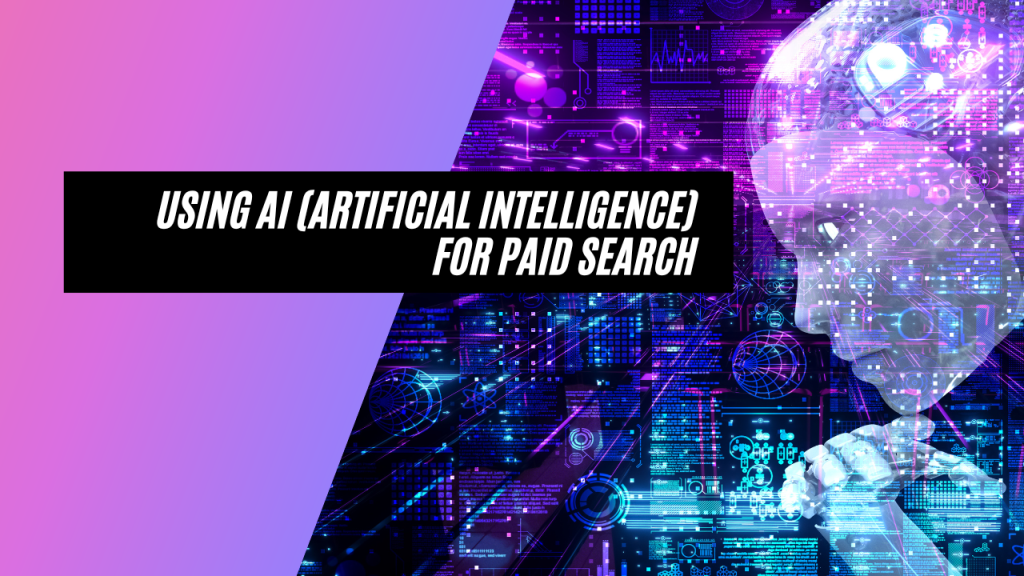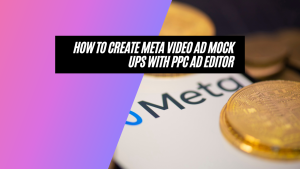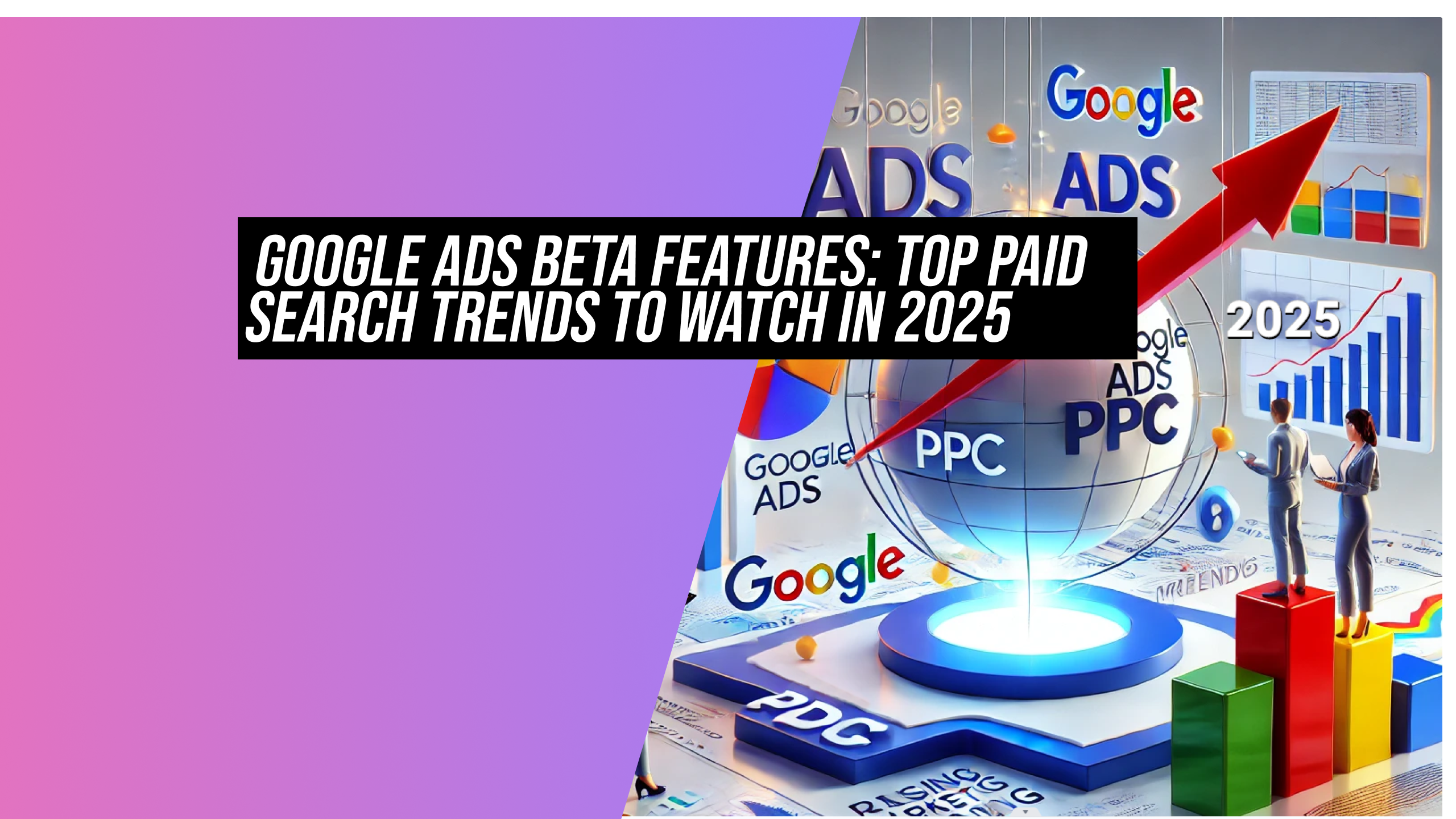With all the talk of artificial intelligence (AI), it’s easy to get overwhelmed by the possibilities. However, AI can be an invaluable tool for digital marketing agencies looking to create highly-targeted, effective ads.
By leveraging automated processes designed to uncover customer insights and generate personalized messages promptly, you can take your ad campaigns to the next level – maximizing clicks and conversions with minimal effort.
In this blog post, we’ll explore how top marketers are using AI-based technologies like natural language generation (NLG) and machine learning (ML) to write compelling ads that drive superior results faster than ever before.
Introduction: What Is ChatGPT and How Can It Help Digital Marketing Agencies?
The concept of ChatGPT is relatively new, but it has already started to revolutionize the way digital marketing agencies conduct their business. At its core, ChatGPT is a Natural Language Processing (NLP) technology that allows you to automate conversations with customers in real-time and generate leads.
Using sophisticated algorithms and AI-driven bots, ChatGPT helps digital marketing agencies by providing them with a more efficient and cost-effective way to interact with customers. This technology is designed to understand customer queries, identify opportunities for lead generation, and then respond appropriately.
For example, a customer might ask “What services do you offer?” and the ChatGPT AI-driven bot can quickly provide a tailored list of services that match their needs.
In addition to simply responding to customer inquiries, ChatGPT can also be used as an effective tool for lead generation. By analyzing customer conversations, the algorithm can detect when leads are likely to be generated and then automatically create personalized offers or promotions that target those potential buyers.
This helps digital marketing agencies save time and resources on manual lead-generation efforts while still ensuring they reach out to qualified prospects in a timely manner.
Overall, ChatGPT offers many advantages for digital marketing agencies looking to improve the efficiency of their operations while still delivering high-quality results. It provides them with an automated solution for managing customer conversations that can help identify opportunities for lead generation quickly and accurately.
In short, it’s an invaluable tool for any agency looking to maximize their success in the ever-evolving world of digital marketing.
Exploring AI-Based Technologies like ChatGPT for Writing Compelling Ads
AI-based technologies are becoming increasingly popular in many aspects of our lives, from marketing to customer service. One of the most exciting new AI-based technologies is ChatGPT, which is a tool that can help marketers and copywriters write compelling ads. By using natural language processing (NLP) algorithms, ChatGPT can generate unique and creative ad copy with little to no input from the user. For example, marketers can give ChatGPT a few words or phrases related to their product or service, and it will use its AI capabilities to come up with an effective ad that resonates with potential customers.
ChatGPT works by first analyzing the user’s input and then generating an effective headline and body text. It uses NLP algorithms such as sentiment analysis to find patterns in the data that allow it to determine what type of message would be most appropriate for a certain audience. The AI technology also allows users to customize their ads based on their target demographic, which helps ensure that the ad copy is tailored to the right people at the right time.
In addition to being able to generate great headlines and body text quickly, ChatGPT also offers other features such as keyword optimization, which allows users to optimize their ads for SEO purposes; headline testing, which enables them to test different versions of the same ad; and A/B testing for comparing different versions of an ad against each other for effectiveness. All these features help make ChatGPT one of the best tools available for marketers looking for ways to create persuasive messages quickly and efficiently.
Natural Language Generation (NLG) for writing Google Ads
Natural Language Generation (NLG) is a type of artificial intelligence technology used to produce human-sounding content. It has been used in many different applications, such as chatbots and automated customer service solutions. Recently, it has been gaining more attention for its potential use in writing Google Ads.
NLG for Google Ads combines the power of AI with the creativity of humans to generate persuasive ad copy that is tailored for specific audiences and products. By automatically generating relevant phrases and keywords, NLG helps increase ad effectiveness by increasing click-through rates and driving leads. It can also help to optimize campaigns by testing different structures, headlines, and descriptions at scale.
NLG for Google Ads works through a combination of machine learning algorithms and natural language processing (NLP). The system starts by analyzing existing data related to an advertisement, including customer context, product features, and market trends.
This data is then fed into the NLG system which uses NLP to process the information and generate effective text based on the analysis. With each additional piece of data or feedback from users, the algorithm can further refine its output to maximize effectiveness.
In addition to creating relevant ads quickly and accurately, NLG can also help save time for marketers by automatically creating variations of ads based on user input or past performance metrics. This allows them to focus on other aspects of their business while still ensuring that every advertisement is optimized with fresh content every time it’s sent out.
Overall, NLG for Google Ads is taking marketing automation to the next level by combining technology with creativity. As more businesses begin utilizing NLG technologies for their ad campaigns, more accurate results are expected—allowing companies to get the most out of their advertising budget while still staying competitive in today’s digital landscape.
Machine Learning (ML) is important to write better Google Ads
Machine Learning (ML) has become one of the most important tools for writing better Google Ads. ML is a form of artificial intelligence that enables machines to learn from data and make decisions on their own. It can be used to identify patterns, analyze trends, and make predictions about user behavior and search patterns. With ML technology, companies can use Google Ads campaigns more effectively by targeting relevant ads to users based on their interests and preferences. For example, if someone searches for “running shoes”, an ad could be targeted to them with information about running shoes in their size and at a price, they are likely to pay.
In addition, ML can help optimize ad campaigns by learning from past performance data and making adjustments accordingly. For instance, if one type of ad isn’t performing as well as another, ML can analyze this data and suggest changes that could lead to improved results. This helps Google Ads managers save time by automating tasks that would otherwise need to be done manually.
Finally, ML helps advertisers stay ahead of the competition by using predictive analytics to anticipate what users might want or need in the future. By leveraging predictive analytics powered by ML algorithms, advertisers can predict which products will be successful and target ads accordingly. This helps ensure that companies reach the right people with the right message at the right time and maximize their ROI from Google Ads campaigns.
Overall, Machine Learning is an invaluable tool when it comes to optimizing Google Ads campaigns for maximum effectiveness and efficiency. With its ability to learn from data, optimize ad campaigns based on past performance data, and predict user behavior accurately with predictive analytics capabilities—it’s no wonder why so many businesses are turning to ML technologies as they strive for success with their marketing efforts on Google Ads platforms
Benefits of Using AI-Based Technologies to Create Ads
AI-based technologies are rapidly becoming more accessible for businesses seeking to create effective digital ads. With AI, marketers can use algorithms and data sets to identify patterns in the customer journey, optimize campaigns, and improve the overall customer experience. AI-driven ads also have the potential to significantly reduce costs and improve ad performance.
The advantages of using AI-based technologies to create ads are numerous. For starters, AI-driven ads are highly customized and tailored to individual users’ interests and preferences, which can lead to higher conversions due to better relevancy.
Additionally, AI can help advertisers reach their desired audiences more efficiently by targeting the right people with the right message at the right time. Furthermore, with AI’s ability to automate processes such as audience segmentation or ad optimization, marketers can save time while improving the efficiency of their campaigns.
While there are certainly many benefits of using AI-based technologies for digital advertising campaigns, there is also a downside that marketers should be aware of before making any decisions. The most immediate concern is privacy; many people are wary of giving away personal data in exchange for personalized services or products.
Additionally, some fear that machine learning algorithms may inadvertently make decisions based on biased data sets or false assumptions about users’ behavior patterns. Lastly, although AI promises improved accuracy over traditional methods in terms of analysis and predictions, it does not guarantee success as results may vary depending on many factors such as campaign objectives and budget constraints.
Overall, although there are clear pros and cons when it comes to using AI-based technologies for creating digital ads, its potential cannot be denied. With proper implementation strategies – including understanding consumer preferences while respecting privacy policies – businesses can reap immense rewards from leveraging these powerful tools in their marketing efforts.
Examples of Companies Leveraging AI-Based Technologies to Write Effective Ads
The use of artificial intelligence-based technologies to craft effective ads is quickly becoming a popular choice among businesses of all sizes. With AI-based software, advertisers can develop targeted messaging that resonates with their target audience.
By leveraging AI-based algorithms, companies are able to better understand the needs of their customers and create content that speaks directly to them. AI-driven tools can also analyze customer behavior and help marketers determine which types of ads should be displayed, when they should be shown, and what type of copy should be used in order to maximize the effectiveness of an ad campaign.
One example of a company successfully leveraging AI-based technologies for its advertising efforts is Amazon. Through their “Amazon Advertising Platform”, Amazon utilizes machine learning technology to identify patterns in user data and optimize ad performance in real-time.
This technology allows Amazon to create more personalized ads for its customers which results in higher clickthrough rates and higher conversion rates for its advertisers. In addition, Amazon has incorporated its own natural language processing capabilities into its platform so it can better understand customer preferences when crafting targeted ads.
Similarly, Google is another company that has been using AI-based technologies to improve how it creates effective ads in recent years. Utilizing deep learning algorithms, Google is able to monitor online activity across its platforms and fine tune its targeting capabilities so brands can reach their desired audience more accurately than ever before.
Through this approach, Google has developed a unique “Predictive Targeting” feature that enables business owners to predict which keyword phrases will perform best for a given campaign as well as identify ad placement opportunities where those keywords will have the most impact.
As these examples demonstrate, artificial intelligence technologies are quickly revolutionizing the way companies create effective advertisements for their products or services. With the ability to produce increasingly personalized messages tailored towards specific audiences on any given platform or device, businesses are now able to turn potential customers into loyal brand advocates faster than ever before—all thanks to the power of AI!
Conclusion: Maximizing Clicks and Conversions with Artificial Intelligence
The use of Artificial Intelligence (AI) has become increasingly popular due to its ability to quickly and accurately identify, analyze, and process data. AI can also be used to optimize the performance of digital campaigns, helping to maximize clicks and conversions.
AI-powered platforms can identify patterns in user behavior that may go unnoticed by traditional analytics methods. By understanding what elements are most likely to encourage users to click on an ad or convert a lead, marketers are able to make more informed decisions when it comes to optimizing their campaigns.
AI algorithms can also be used to optimize bids on search engine advertising networks like Google AdWords or Bing Ads. By taking into account factors such as keyword relevance, budget constraints, and competitor bids, AI-based platforms are able to adjust bids based on the likelihood of a campaign achieving its desired goal while still staying within budget. Additionally, AI can be used for content optimization purposes as well.
Content recommendations powered by AI allow websites and apps to display personalized content that best resonates with each individual visitor. This results in higher engagement rates that often lead users down the conversion funnel more quickly than traditional methods. All in all, it’s clear that AI offers many opportunities for marketers looking to maximize clicks and conversions from their digital campaigns.
Overall, AI can be used to write better ads and improve click-through rate and conversions. Ad agencies that are not using AI may want to consider doing so in order to stay competitive.
The benefits of using AI for writing effective ads far outweigh the cost of implementing these technologies.
PPC Ad Editor is one tool that digital marketing agencies can use to leverage AI for their Google Ads copywriting.






